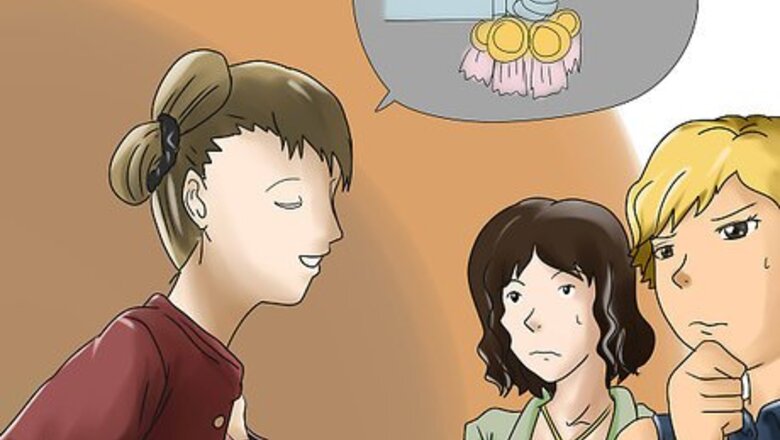
views
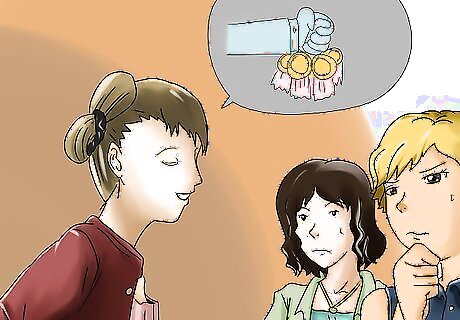
Consider whether you are self-absorbed. Do you always dominate conversations with your own achievements, and not allow your friends to brag to you about their achievements? Do you have an "it's my way or the highway" attitude and think you can always get your way, rather than letting your friend get his or her way sometimes? Being considerate is key to a good, long-lasting relationship. Friendship always two-sided, and there should be balance. If you constantly need your friend's help, take their time and energy but never give back, you are not a good friend.

Consider whether you are a bad listener. Do you just sit and text on your phone while your friend is trying to talk to you, rather than actively listening? Do you just sit and fantasize, and think about places you'd rather be? If you are not a good listener, your friend will probably feel as if you have no interest in what he or she is saying.
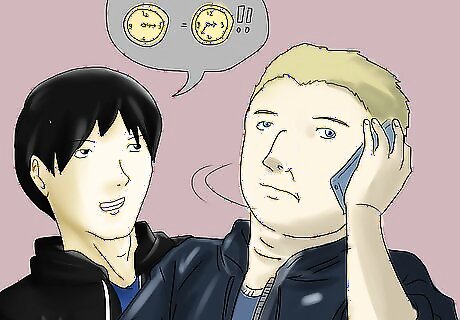
Think about your reliability. An unreliable "friend" is not a real friend. Do you say that you will do something and never follow through? Do you schedule an event (such as a brunch or coffee) with your friend and arrive an hour late? Do you make promises all the time but always break them? If so, you are probably unreliable, and will need to fix that if you want to become a better friend.
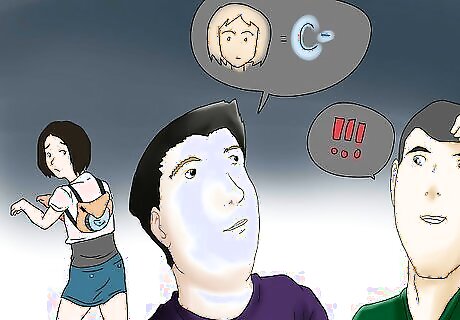
Consider whether you talk about people behind their backs. Do you gossip about your friends and think that they will never find out, without putting yourself in their shoes and thinking about how you would feel if someone gossiped about you? Does your friend feel hurt at your comments? If so, it's the perfect time to stop gossiping.
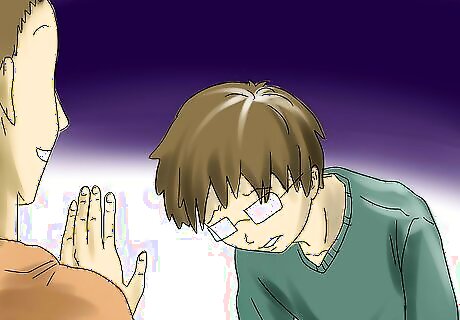
Apologize to your friend. Be the bigger person and admit that you were a bad friend; do not play the "blame game" and accuse your friends of their actions that started fights or made them poor friends in general. What to say: "I'm aware that I've been an unreliable friend. When I last scheduled a coffee, I was a half-hour late. I wholeheartedly apologize for my unreliability and will endeavor to be timely in the future." What not to say: "I'm aware that I've been self-centered. For example, I ate all the crackers when you wanted me to save some for you. But, what you need to understand is that there have been some times when you were narcissistic yourself, like the time when you ate the whole cookie when I asked you to save me half of it".
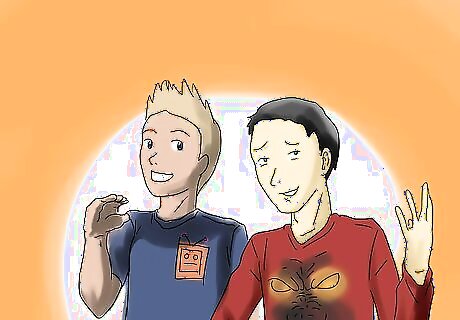
Be sincere. If your friend forgives you, change your ways and be a better friend this time.
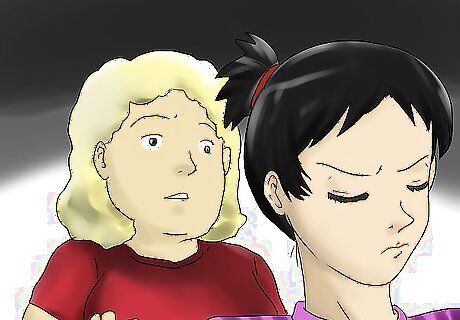
Remain mature if your friend does not forgive you. Try to start a new friendship and be a good friend, so that you can maintain a long-lasting relationship and avoid the same problems.










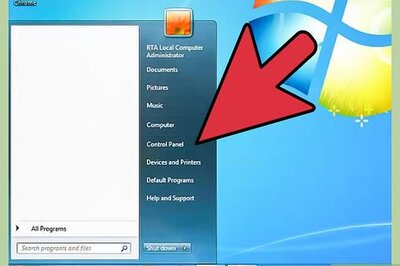







Comments
0 comment